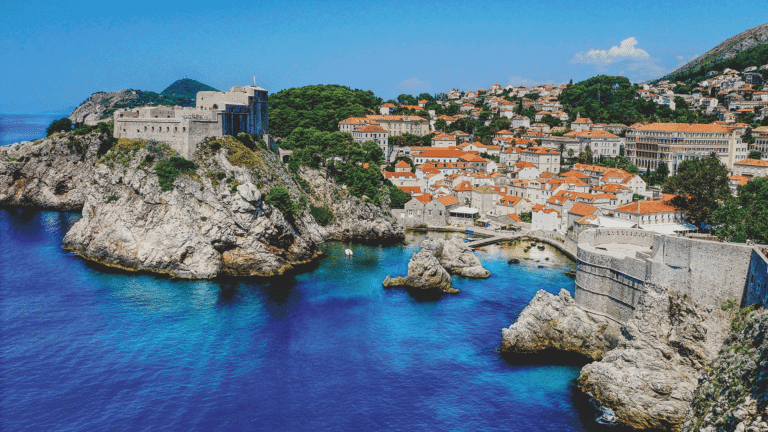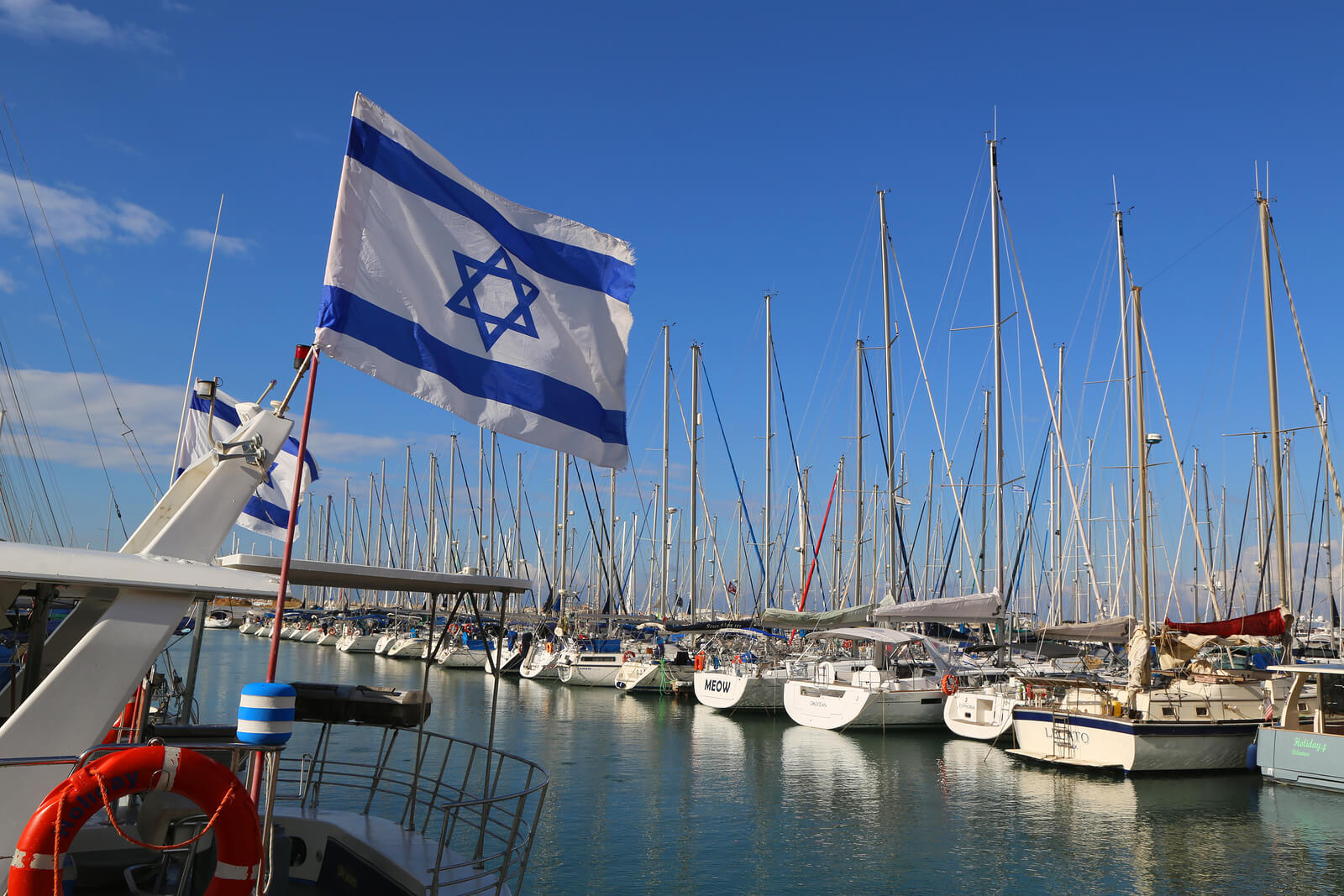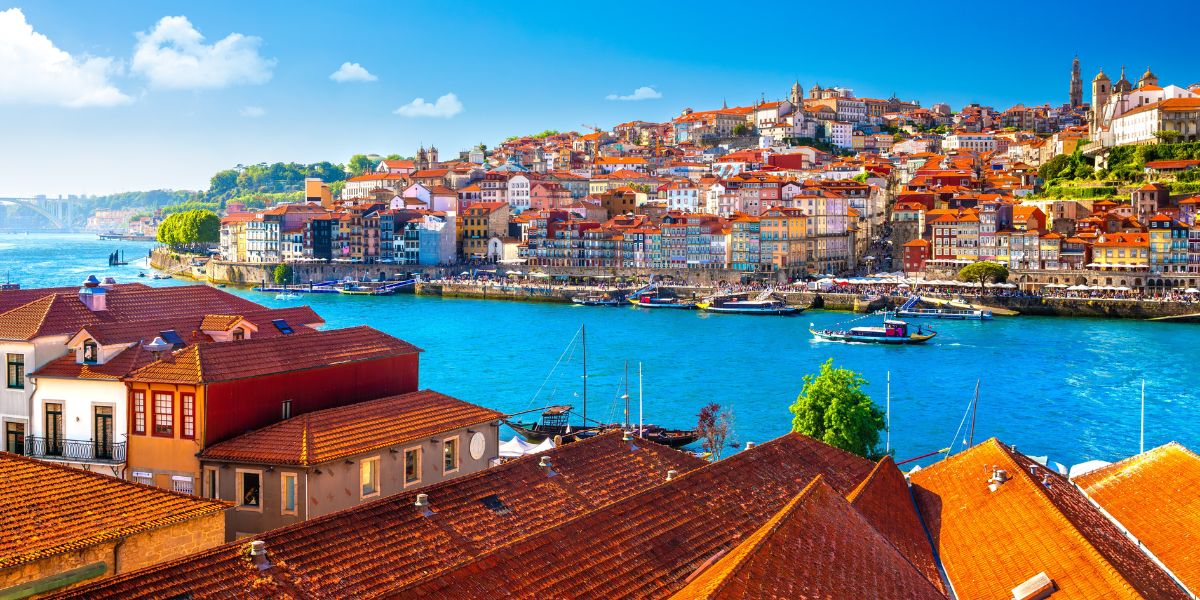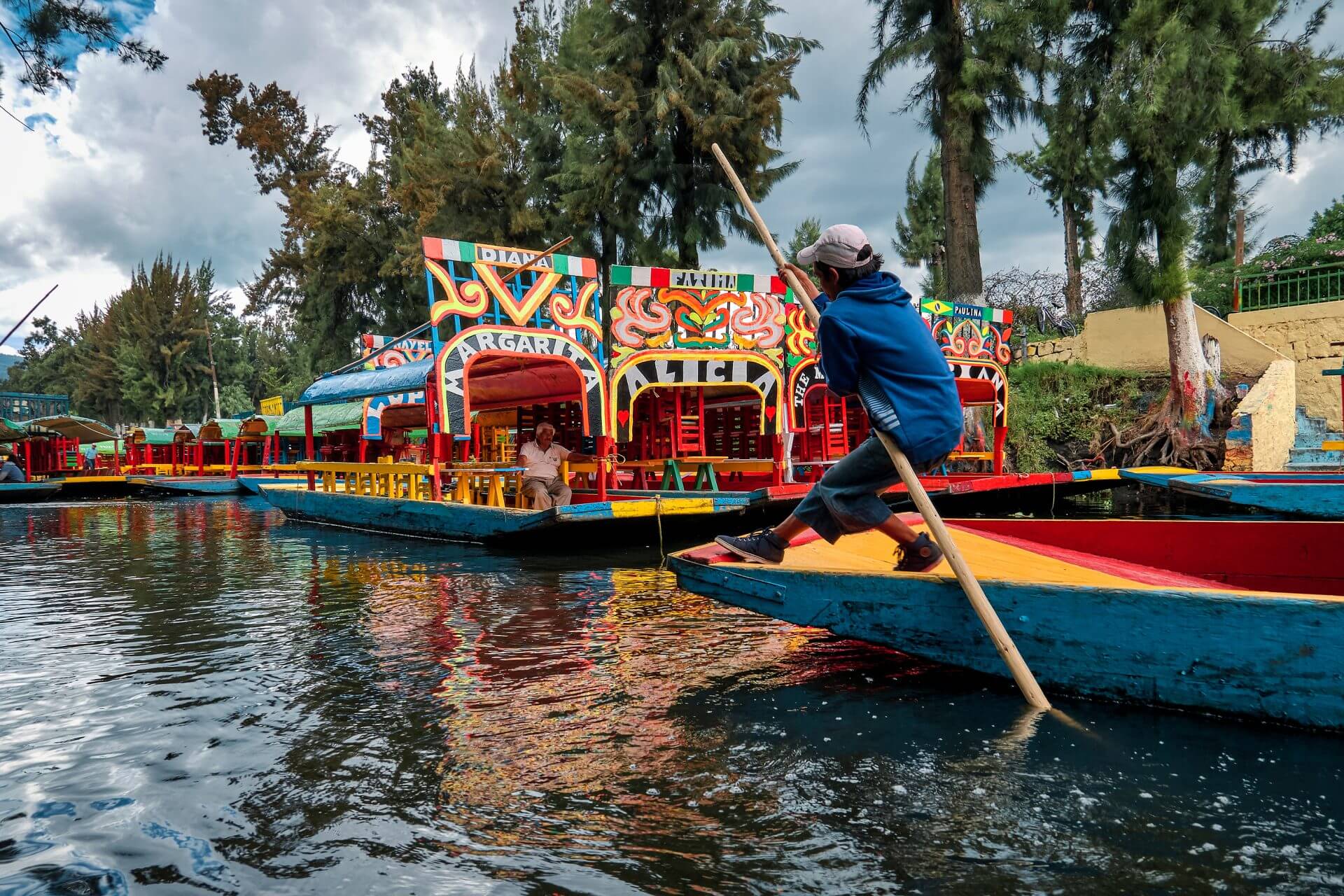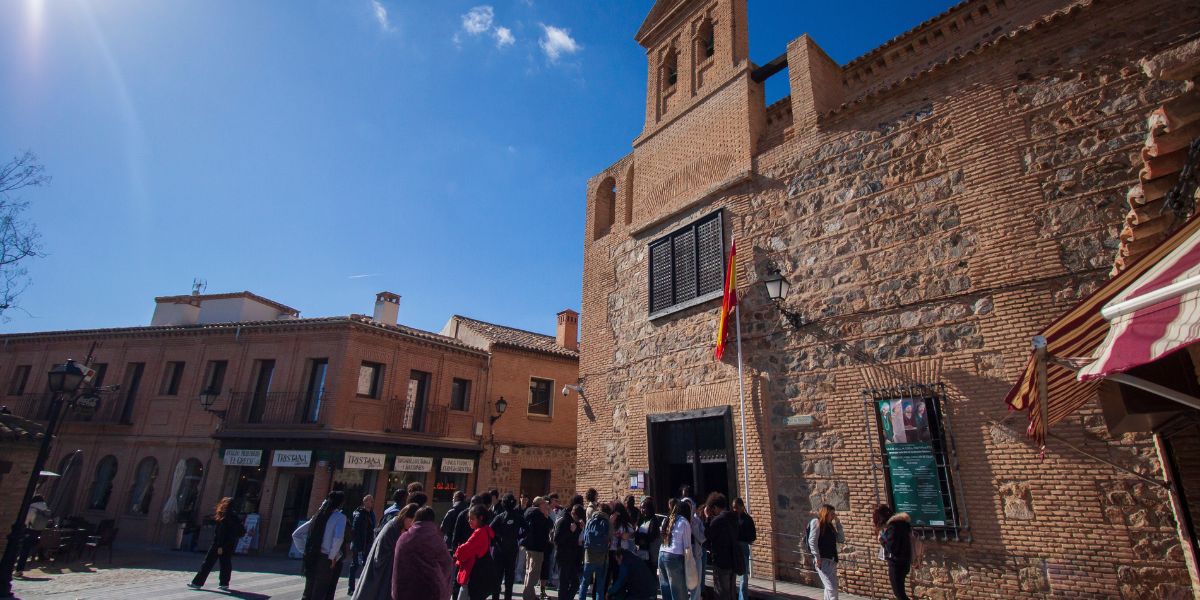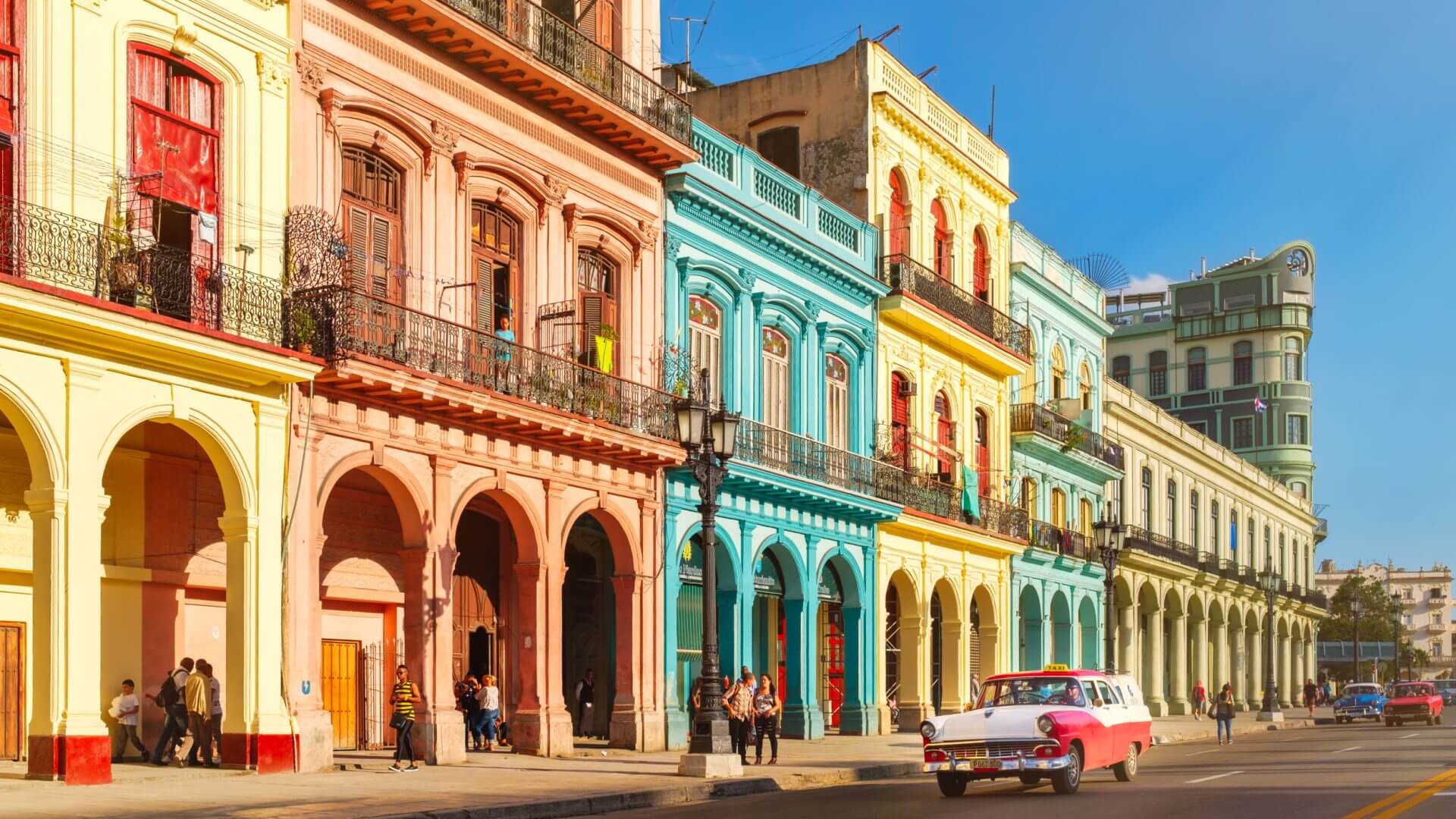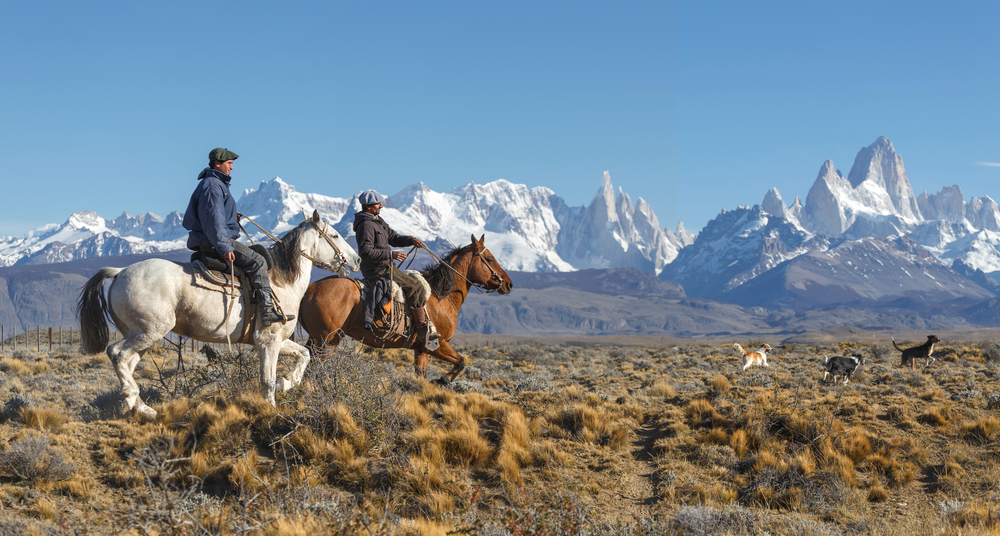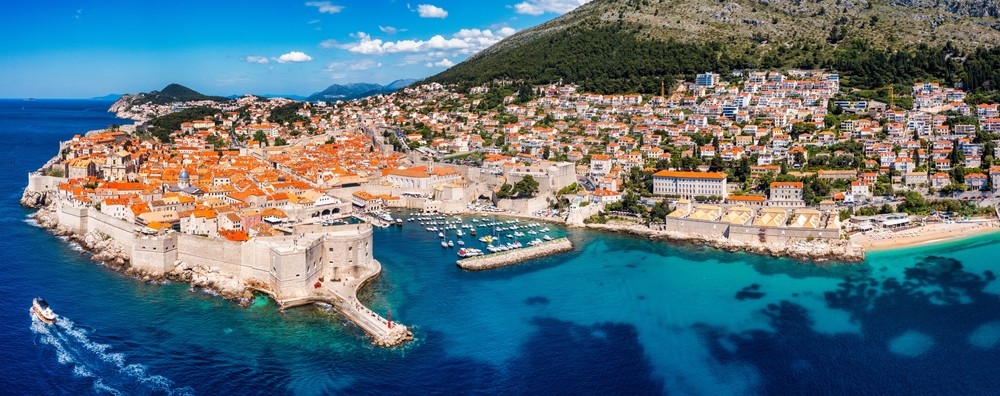According to the last census, there are only 11.3 million inhabitants in Cuba, which means that the island has the 78th highest population in the world! It’s crazy to think that an island that was once so secluded from United States had so many residents that we could not come into contact with until recently.
Historically speaking…
When analyzing the Summer Olympic Medal Table throughout history, the results are shocking: Cuba ranks 18th on this prestigious list! The island not only holds a spot on the top 20 chart, but Cuba has ALSO participated in only 20 of the 28 Olympics that had taken place so far— they missed the Los Angeles Olympics in 1984 and the Seoul Olympics 1988 because they joined the Soviet and North Korean boycott. All statistics actually indicate that if they had participated, they would be ranked even higher!
Just how many gold medals has Cuba won?
An overwhelming majority of their impressive 77 gold medals were achieved in boxing. Thirty seven of these seventy seven were won through the sport of sparring and this is no coincidence. The Spanish newspaper El Mundo describes the current status of Boxing in Havana, where kids start boxing at the age of seven, many times sharing their equipment with one another. A small group of them –those considered the ones with the most promising future- join the EIDES (Schools of Sporting Initiation) where they train for twenty-four hours per week and receive a scholarship to continue their boxing education. Once they turn 20, only a few of them make it into the Escuela Nacional Olbein Quesada, where fighters who represent the country are the product of this institution.
So what are the rest of Cuba’s gold medals for?
The rest of Cuba’s Gold medals came mainly from athletics, wrestling and judo…any idea why? For these sports, similar to boxing, the amount and type of equipment needed is basic. This means that the embargo didn’t affect the development of these sports. Other disciplines like tennis require modern technology which isn’t exactly affordable, nor readily accessible to the general Cuban population. Do you remember the tennis rackets used in the 70’s? They were made out of wood! Think of these nuances. Think of how the lack of access allows the fighting sports, where the body is the most important aspect of the performance, are allowed to be honed by training Cubans.
Fast facts about Cuba and the Olympics:
One very important aspect of Cuba and the Olympics: Cubans need permission to leave their country and they must return back after the games. This may sound a little counter-intuitive, since many athletes see the Olympics an opportunity to change their lives and become a breakout star in the sports world.
Cuba is the country which has the highest rate of defections. Some examples of these defection are that seven soccer players came to the U.S. to play an Olympic-qualifying game and ran away in 2008. Additionally, Yurisel Laborde, member of the Judo team, who was training in Miami, also defected.
The importance of sports in Cuba
Cubans clearly see sports as a way of changing their lives, either financially or because it has been their only way of leaving the country.
Reasons aside, numbers speak for themselves, and statistics show that when it comes to North America’s successful Olympic performance, Cuba sits in second place, following the U.S.

